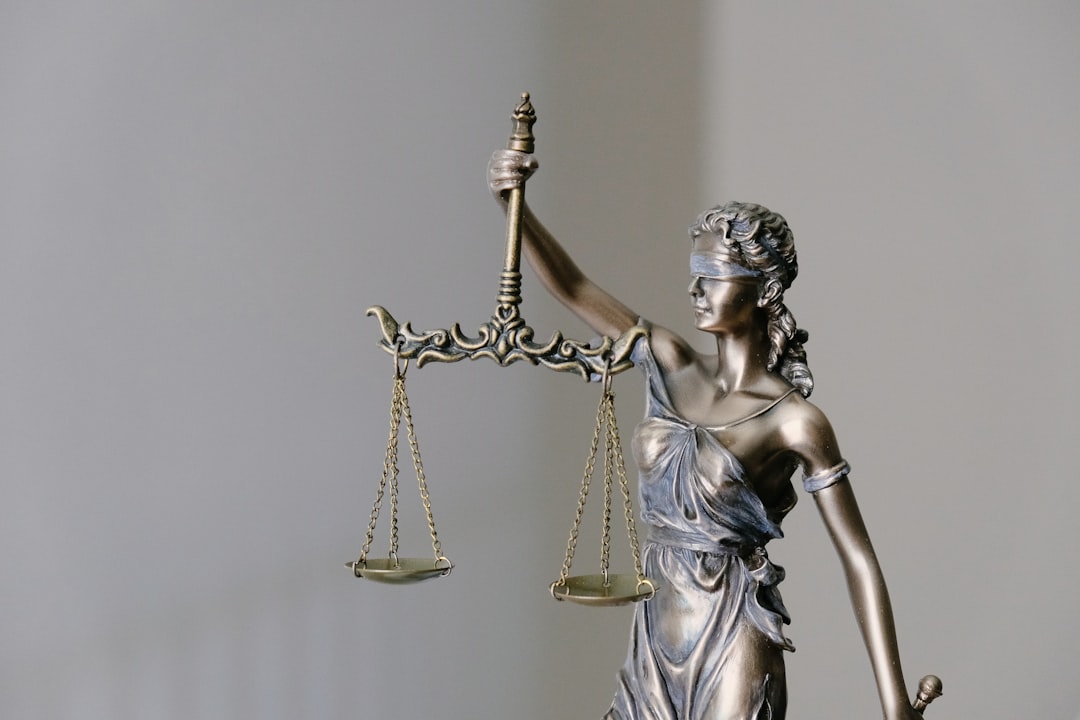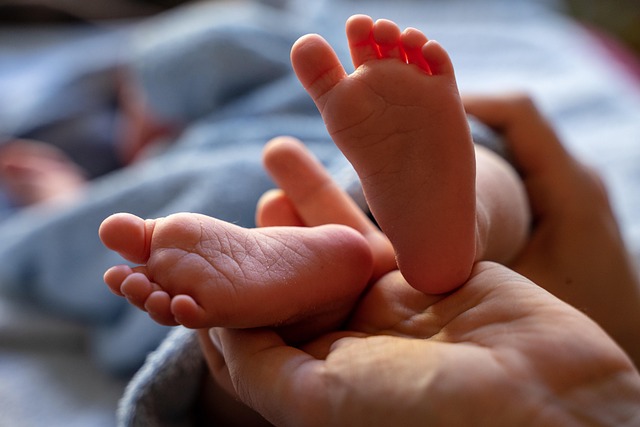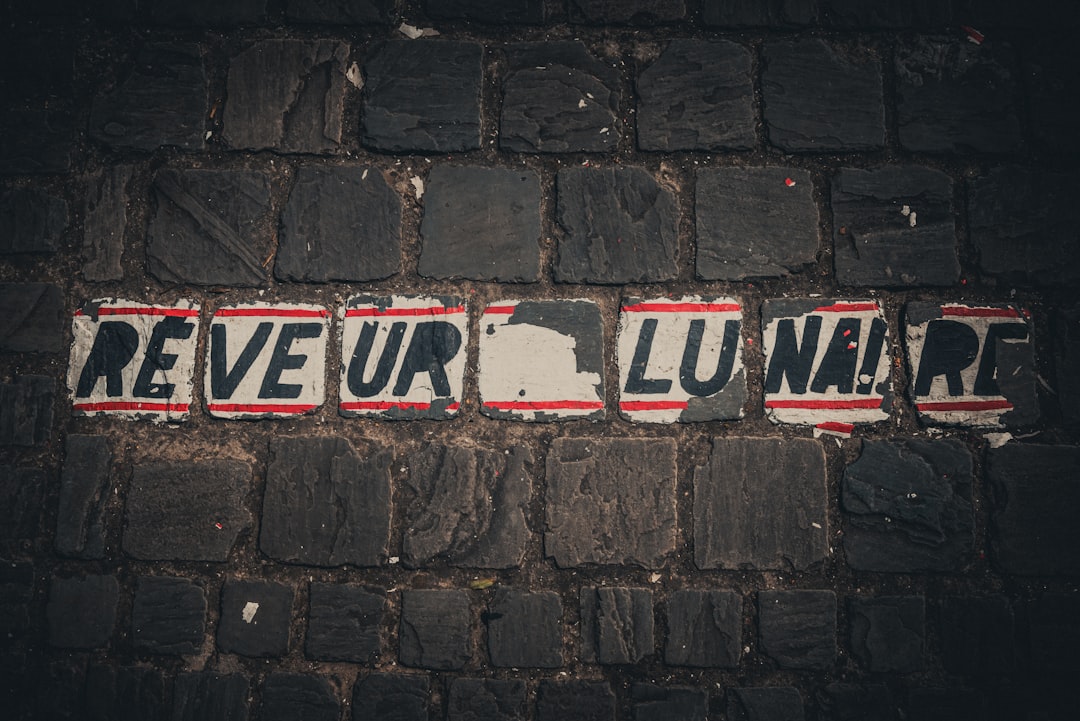In Buffalo, NY, addressing child abuse within religious communities is a top priority for creating safe environments. Child abuse attorneys play a vital role by recognizing subtle signs of abuse and guiding victims through legal processes. Robust state laws and dedicated entities like Child Protection Services (CPS) ensure prompt interventions and accountability. Local non-profits and experienced child abuse attorneys Buffalo NY offer support, counseling, and legal aid to survivors while educating faith-based organizations on prevention strategies, including training sessions, background checks, and age-appropriate safety education in religious curricula.
In Buffalo, NY, understanding and addressing abuse within religious institutions is paramount. This comprehensive guide explores various facets of this critical issue, from identifying signs of abuse in close-knit communities to the legal frameworks and reporting obligations under New York State laws. We delve into the crucial roles played by child protection services, support for survivors, accountability measures, and preventative education initiatives aimed at safeguarding children in Buffalonian faith-based organizations. For those seeking assistance, connecting with experienced child abuse attorneys in Buffalo is a vital step towards justice and healing.
Identifying Signs of Abuse Within Religious Communities
In Buffalo’s religious communities, recognizing and addressing abuse is a critical aspect of fostering safe environments. Child abuse attorneys in Buffalo NY highlight that signs of abuse within these institutions can be subtle but significant. It may include unusual behavioral changes in children, such as sudden withdrawal from social activities or extreme fear of specific individuals or locations associated with the institution.
Additionally, suspicious injuries, unexplained medical conditions, or a pattern of inconsistent stories provided by adults or authority figures can point to potential abuse. The presence of secretive behaviors, frequent use of isolated spaces, or unusual financial transactions involving minors should also raise concerns. Buffalo child abuse lawyers emphasize that early identification is key to ensuring the safety and well-being of vulnerable individuals within religious communities.
Legal Frameworks and Reporting Obligations in New York State
In New York State, including Buffalo, the legal frameworks surrounding abuse within religious institutions are as stringent as they are comprehensive. The state has established clear guidelines and reporting obligations to protect individuals, particularly children, from harm. If an incident of abuse occurs—be it physical, emotional, or sexual—it is incumbent upon certain designated officials within these institutions to report it promptly to the appropriate authorities. Failure to do so can result in legal consequences for those in positions of responsibility.
Child abuse attorneys in Buffalo NY play a vital role in navigating these legal landscapes and ensuring that victims receive the justice they deserve. They guide individuals through the reporting processes, help them understand their rights, and advocate on their behalf when institutions or individuals fail to uphold their obligations. These professionals are instrumental in upholding the state’s laws and fostering a culture where abuse within religious settings is not tolerated.
The Role of Child Protection Services in Buffalo
In Buffalo, New York, the safety and well-being of children within religious institutions are paramount, and this is where Child Protection Services (CPS) play a crucial role. These services, operated by the state, are dedicated to investigating reports of child abuse and ensuring the protection of vulnerable youth. When instances of child abuse or neglect are suspected within a religious community, CPS intervenes promptly. Their trained professionals conduct thorough assessments, interview relevant individuals, and gather evidence to determine the validity of allegations.
Child abuse attorneys in Buffalo NY often collaborate with CPS to advocate for victims’ rights and ensure that legal actions are taken against perpetrators. The collaboration between legal professionals and child protection agencies is vital in holding accountable those who exploit or harm children within religious settings. This partnership contributes to creating a safer environment for children, fostering trust in the system, and encouraging others to come forward with potential abuse cases.
Supporting Survivors and Holding Institutions Accountable
Supporting survivors and holding institutions accountable are paramount steps in addressing child abuse within Buffalo’s religious communities. When a survivor comes forward with their story, it is crucial for organizations to provide immediate and confidential support services. This includes access to counseling, legal aid, and safe housing options through partnerships with local non-profit agencies specializing in victim assistance.
Child abuse attorneys in Buffalo, NY, play a vital role in ensuring justice and accountability. They assist survivors in navigating complex legal systems, offering guidance on pressing charges against perpetrators and instituting changes within religious institutions to prevent future occurrences. By holding religious organizations and leaders responsible, the community can foster a culture of transparency and safety for all members, especially vulnerable children.
Preventative Measures and Education for Buffalonian Faith-Based Organizations
Preventative measures and education are paramount for Buffalonian faith-based organizations to combat child abuse within their communities. Regular training sessions, led by qualified professionals including child abuse attorneys in Buffalo NY, can equip leaders and members with the knowledge to identify potential risks and respond appropriately. This includes recognizing signs of abuse, understanding reporting protocols, and fostering a culture of open communication where individuals feel safe to come forward.
Implementing robust policies and procedures, such as background checks for volunteers and staff, secure record-keeping practices, and clear guidelines on boundaries and consent, creates a safer environment. Additionally, incorporating age-appropriate education into religious curricula can teach children about personal safety, consent, and the importance of reporting suspicious behavior—empowering them to protect themselves and others from potential abuse.





